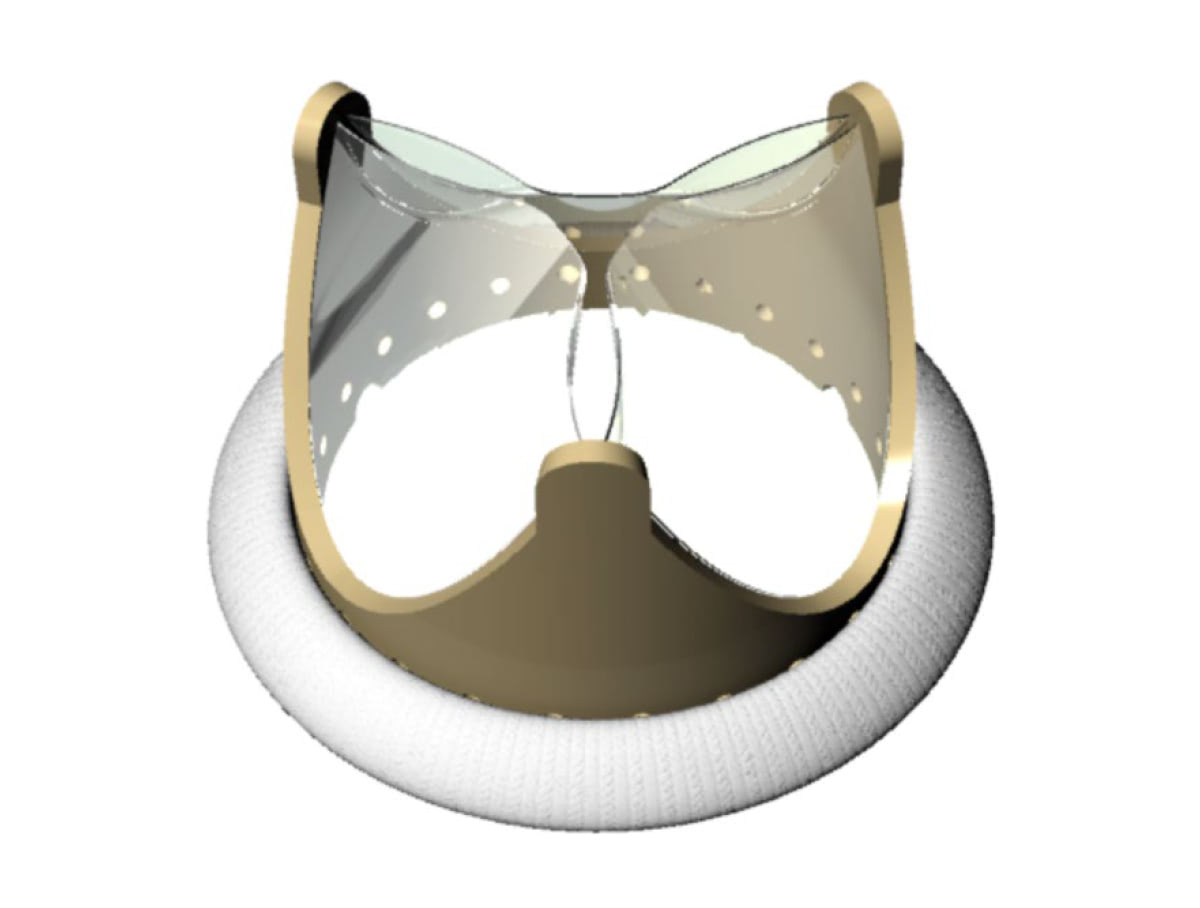
Development of a novel transcatheter heart valve
Brief description
Though standard open heart surgical aortic valve replacement has represented an effective treatment in the past, it is not ideal for the new patients’ population. In fact, degenerative aortic stenosis due to senile valve calcification has now become the most common valvular disease, affecting more than 10% of adults older than 75 years. Due to the patients’ age, this condition is often associated with relevant comorbidities and previous surgery, that increase dramatically the risks of mortality from surgery. As a result, about one third of elderly patients with symptomatic aortic stenosis are currently declined for surgery; and this number is rapidly rising due to the increasing longevity of the population. Transcatheter aortic valve implantation (TAVI) represents an ideal response to the needs of this rapidly expanding patients’ population, as it allows delivering a valve substitute into the anatomical site through the vascular system, avoiding the need of open-heart surgery and its associated risks. Clinical experience with this novel approach has clearly indicated that it is effective, though it still requires substantial design improvements to enhance the safety and effectiveness of the treatment. This project involves the development and pre-clinical assessment of a novel prosthetic aortic valve suitable for TAVI implantation, which would overcome the main limitations experienced with currently available solutions.
Impact:
The work performed as part of this project demonstrated the feasibility of a new transcatheter heart valve concept, the TRISKELE system, characterised by a self-expanding nitinol wireframe, polymeric leaflets and a sealing cuff. This device offers significant improvements compared to current products used in TAVI practice, by providing a simpler and more reliable solution at a significantly lower cost. Moreover, the anchoring of the device, which the animal models have demonstrated to be achievable without presence of calcification, reveals the potential for this system to expand the therapeutic advantages of transcatheter valve implantation to the class of patients suffering from aortic insufficiency, for which first generation TAVI is unsuitable.
Pipeline
-
CLINICAL
NEED -
DISEASES
ANALYSIS - DISCOVERY
-
PRECLINICAL
VALIDATION -
PRECLINICAL
DEVELOPMENT -
CLINICAL
STUDIES

Principal Investigator
Contact
Therapeutic area:
Products:
Medical devices & tissue engineering
Collaborations:
University College London (UCL), Londra, Regno Unito
Barts Heart Centre, Londra, Regno Unito
Scarica il pdf del progetto
